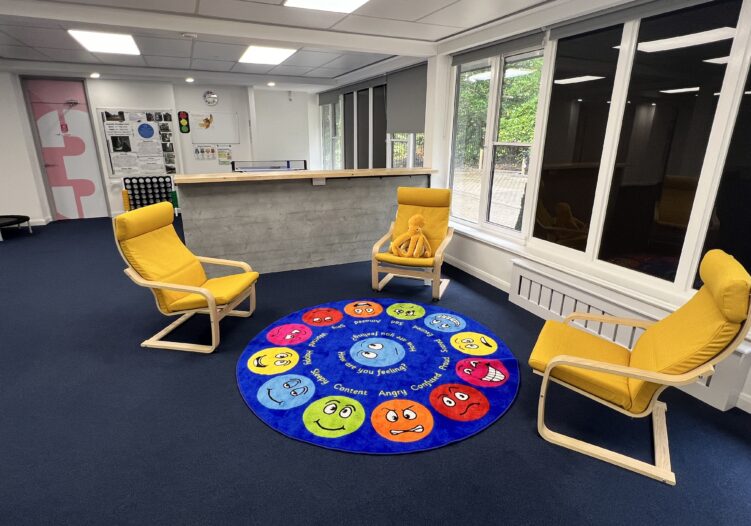
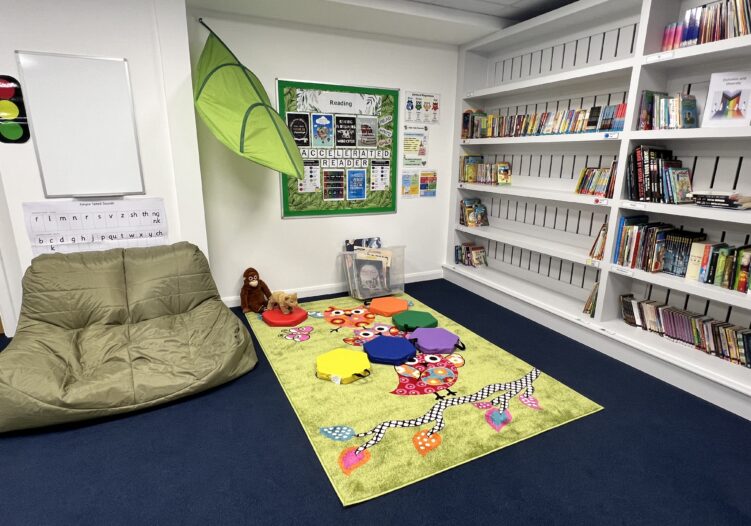
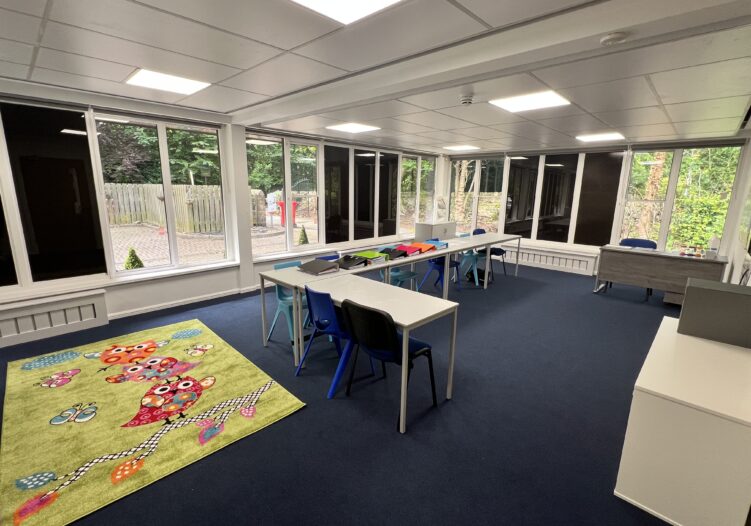
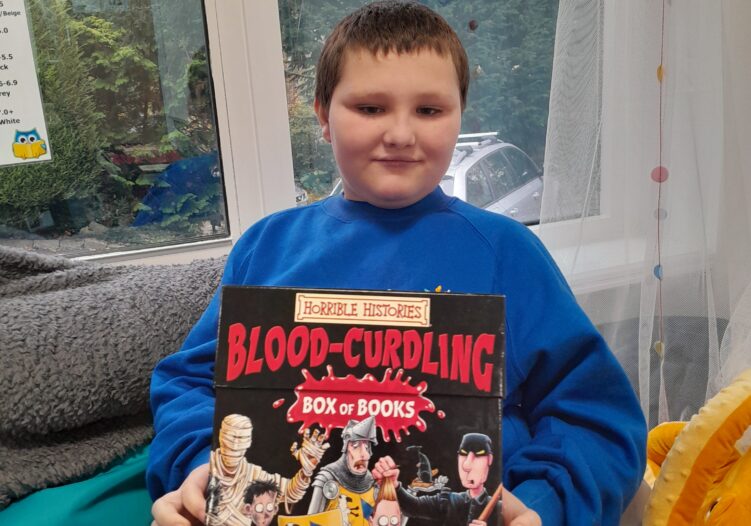
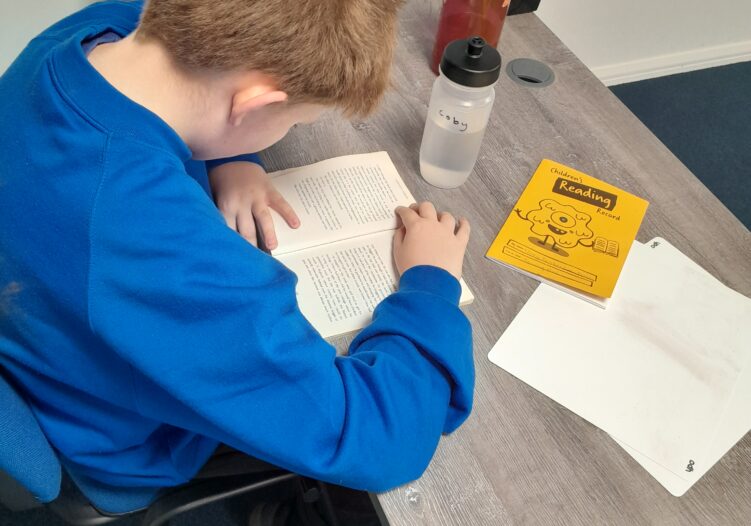
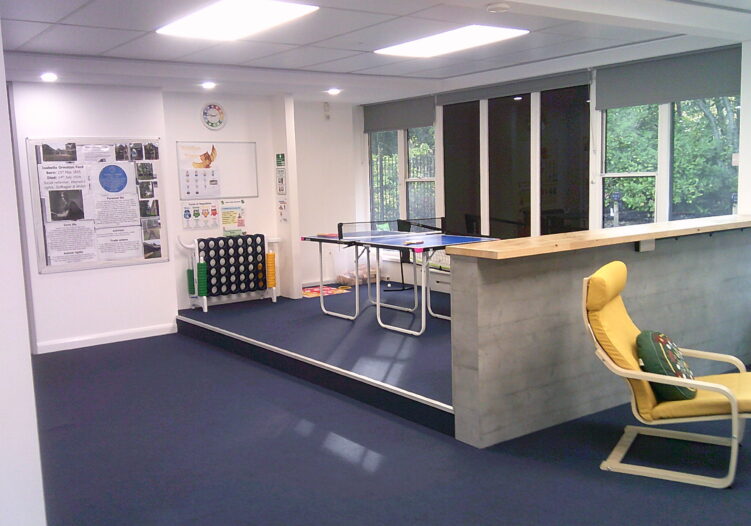
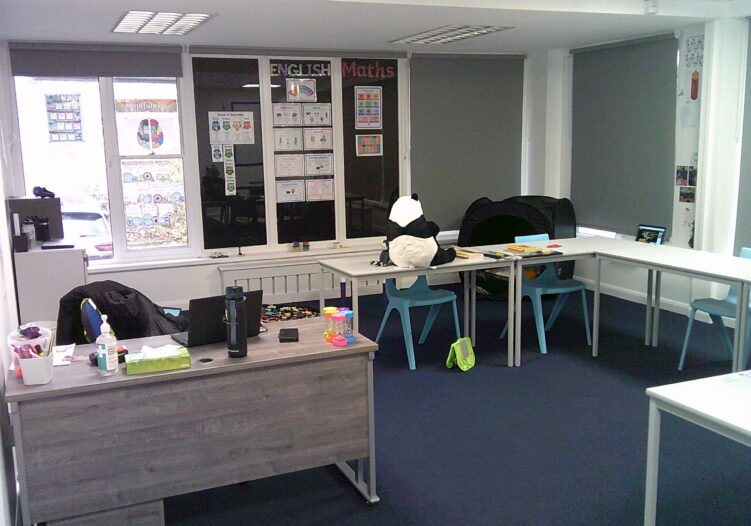
How we teach our pupils
Our curriculum enables our pupils to develop their personal, emotional, social and academic skills and knowledge.
Within our School we have two approaches to teaching and learning areas. Where the pupils are placed is carefully considered and will best meet the needs of the individual pupil.
We have a Lower School area in school where pupils have a classroom base and are taught by their class teacher supported by a Learning Support Assistant. This area in school offers consistency and a secure nurturing approach.
We also have an Upper School provision to follow a model where pupils move around classrooms with subject specific teaching in Literacy, Numeracy, Science, Art & DT, Performing Arts, Modern Foreign Languages, Computing, PSHE, PE, Outdoor Education, Life Skills and Cooking. This approach may be better suited to pupils who need an approach nearer to that of a mainstream secondary school
Staff are warm and friendly. This is such an inclusive school – everyone is helpful and understanding.
Parent
This is the first stable education [child] has ever attended – thank you so much.
Parent
Ormston is so calm and welcoming, we have seen such a huge difference – we cannot wait to see how [child] develops over the years.
Parent
Pupils in Key Stages 1, 2 and 3
For pupils in Key Stage 1, 2 and 3 we will follow the National Curriculum. We will promote excellence in teaching and enjoyment in learning. We will aim to provide a rich, stimulating curriculum distinct to our school.
Many of our pupils will have barriers to their learning, which may be described in an Education, Health and Care Plans. Our pupils may join us throughout the year and can join us in any of the school years.
Many of our pupils may not be working within the expected year group for their chronological age for many individual reasons.
This can be different for different subject areas for the same pupil. It is therefore very important that our teachers will use our very carefully planned curriculum, which will show the sequential plan for each National Curriculum year, for every subject. This will help the teachers to ensure the pupils are working through the curriculum in a logical and planned way developing skills and knowledge which build on their existing knowledge.
We believe learning is enriched and enhanced by a visits, trips and visitors to school. Clubs and enrichment activities will also be developed to further the curriculum.
We will establish a secure foundation for all children within English, Mathematics and Science. We will also recognise the importance of Computers in our modern world. We firmly believe that our pupils need a broad and balanced curriculum, which reflects the world they live in so our Humanities and Arts subjects are also held in high regard. Health and the ability to lead healthy lives is vital so PE and Life skills are also very important parts of each weekly timetable.
Our world is made up of many rich and diverse communities. Our teaching and learning celebrates similarities and differences in those communities.
Our curriculum maps show how we have arranged the curriculum over the year and by subject. These will be detailed on the website so parents and carers can view the areas being taught each half term.
Key Stage 4
Our pupils will work through programmes of study which reflect ambitious yet achievable accreditation. Pupils at Key Stage 4 take nationally recognised qualifications, including GCSE, as appropriate.
We aim to support children to achieve positive outcomes in relation to their ability. We teach a broad curriculum leading to external accreditation at GCSE level, where applicable. We enhance our curriculum with vocational qualifications such as Functional Skills, ASDAN, and AQA awards.

Community & Citizenship
Our Citizenship programme will create opportunities for children across school to work together. We will also have an elected School Council. In addition, we believe parents, carers, specialists and community groups enhance the provision for all our children.
Many of our pupils may find accessing community groups very challenging due to their Special Educational Needs or life experiences. We will work to promote their understanding of community and how they can feel a part of their class group, school, home and further communities. As part of this, we will plan work across many areas of the curriculum.
During the academic year we will build learning around key events such as E safety week, Anti-bullying week, Remembrance, Black History Month, Sporting Events, Charity events such as Comic relief and Macmillan Coffee and cake days.
Careers Advice
We will also follow the Gatsby Benchmarks guidance for Careers work with all pupils. This is carefully planned to reflect the very individual needs of our pupils.
Pupils will have weekly careers lessons suitable to their age and need.
They will also have independent advice. This will be enormously beneficial as they will have developed an understanding of the pupils over time and can more ably support them to make informed choices for their future independent lives.
Sex and Relationship Education
Sex and relationship education forms a natural part of our curriculum. We will follow the new Government Guidance on the SRE curriculum.
Questions arising from pupils will be dealt with in a sensitive, appropriate, honest, sympathetic and supportive manner.
Areas related to sex education such as family life, loving relationships, growth and caring for oneself and others are covered in units of work across the curriculum.
